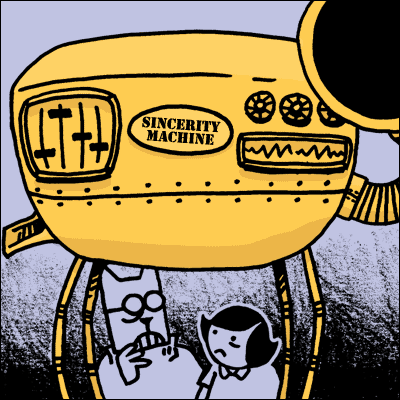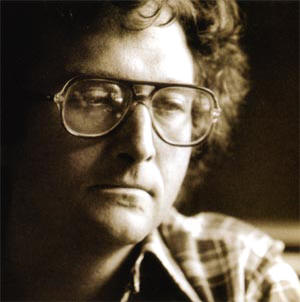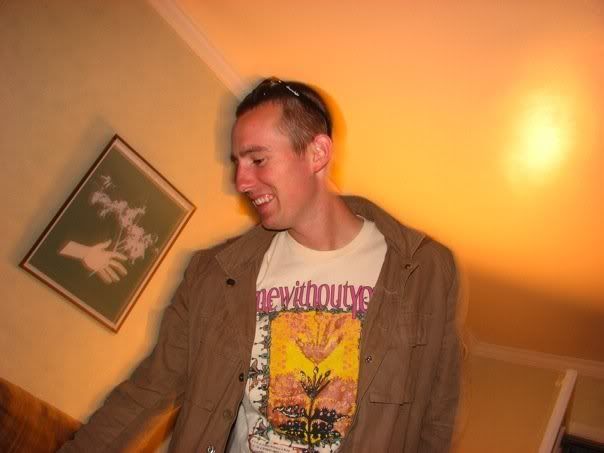
Looking back at my 1 month travels to Europe I remember experiencing a wilderness period. In Europe I finally learned to let go. I stopped being who I thought I was supposed to be and found myself searching for the person that I truly am at this venture in my life. One of the landmarks of that experience happened to me near Lucerne, Switzerland at a two-day stint at a conference center called L'abri. For those of you not familiar with L'abri, it was started by Francis Shaeffer as a place for spiritual journeyers to go and explore their faith. Many different people with different perspectives gather at various campuses throughout the world for sometimes as long as 6 months and some times as short as two days(which just happened to be my time there) to study, work, and dialogue in community with others who are also searching in their faith, theological, and philosophical beliefs. I came with a few different questions about faith but one of my top priorities was to explore the issue of forgiveness. I find that often times I believe forgiveness to be a submissive dismissal of the way that I feel about a situation or others rather than a healing process in which I am able to genuinly relieve a debt that another owes to me. There have been many experiences in my life in which I believe that I have forgiven someone according to MY OWN DEFINITION OF FORGIVENESS. The result of this is an unending process of pain and open-wounds that are not able to heal because of an unhealthy perspective towards what forgiveness actually is.
I was able to find a few various resources about forgiveness, however, the most helpful to me was a workshop on tape that a speaker named Dick Keyes gave(those of you from APU may remember him from numerous chapel visits). Mr. Keyes was able to very clearly not only map out a biblical perspective of forgiveness but in addition, give a much healthier emotional perspective as well. For anyone who is interested in this subject matter I would suggest listening to these messages. Today, however, I would like to focus on one specific thing that he said that impacted me.
After giving a clear definition of what forgiveness is, Mr. Keyes stated, "Many believe that forgiveness comes from a realization that because WE ARE SO BAD, and GOD HAS FORGIVEN US, we SHOULD DO THE SAME FOR OTHERS. They take this from Colossians 3 which states: 'Forgive others as God has forgiven you.' This perspective is not necessarily most true. Forgiveness comes from the realization that BECAUSE GOD IS GOOD, HE FORGAVE US, and it is NATURAL THAT WE WILL DO THE SAME FOR OTHERS. In other words, to truly forgive, you must realize the GOODNESS OF GOD."
Then it hit me....do I believe God is good? I have been told that so many times by church, family, APU, books, the bible, other people. That phrase is so meaningless to me that I just have rattled it off as if it was a cultural cliche. In my own life, I do not see the goodness of God overwhelming me. I see pain, undending and adding on as time passes. If this is true, how can I forgive? How can I say that a GOOD God cares for me, when he seems so absent in the dark periods of my life. I greatly dislike the poem "Footprints" for this reason. The ending of the poem in which Jesus says to the man in response to such enending pain is "I was there the whole time stupid." How can I say God is good? I cannot. It is not until I reach a place where I experience that goodness that I can find forgiveness for myself and for others. Thus enters the biggest question of all which I spent a long conversation with Casey Terrazas talking about two nights ago.
The predicament that I find myself in, and one in which I believe many of our generation face, is a values clash between two very important virtues: duty and choice.
Our generation is no longer satisfied with a lifestyle in which we solely do things OUT OF DUTY. The baby-boomer generation taught us the meaning of duty through their "tough as nails" dedicated work ethic. Though a admirable quality when dedicated to a specific purpose, duty often becomes a misconstrued word that we frown upon. We want to love what we do, and do it because we DESIRE to do it, not because we HAVE to do it. Look at the response to the war in Iraq. Is duty purposeful in any situation in which there is not a foundation of virtue upon which it is acted? Duty can be a good thing, but if an action is performed ONLY out of duty, clearly it is meaningless.
On the other side of the chasm stands CHOICE. What if I have to choose for me to experience God's goodness? What if I wait for an experience to happen in which I am amazed at God's goodness when in reality I could have CHOSEN to experience His goodness long before? Many people spend their whole lives waiting for something to happen. In addition some of the worst things in life happen from an ABSENSE OF ACTION. As the great saying goes, "The only thing necessary for evil to prevail is for GOOD MEN to do NOTHING."
Two of my greatest fears collide. On one side I only do things because they have been taught to me. I am a tool of evangelical Christianity useless to the world in any practical way and boxed in by fear and brainwashing. On the other side I don't do anything out of the excuse of waiting for life to happen to me. I am reckless, slothful, and again useless to the world but this time because I am wasting my time.
It is in this chasm that I stand, clawing my way out, looking for a rescue, seeking the truth. At least for now I am content with seeking perspectives rather than answers and allowing my heart to open to new alternatives to this great dilemma.










